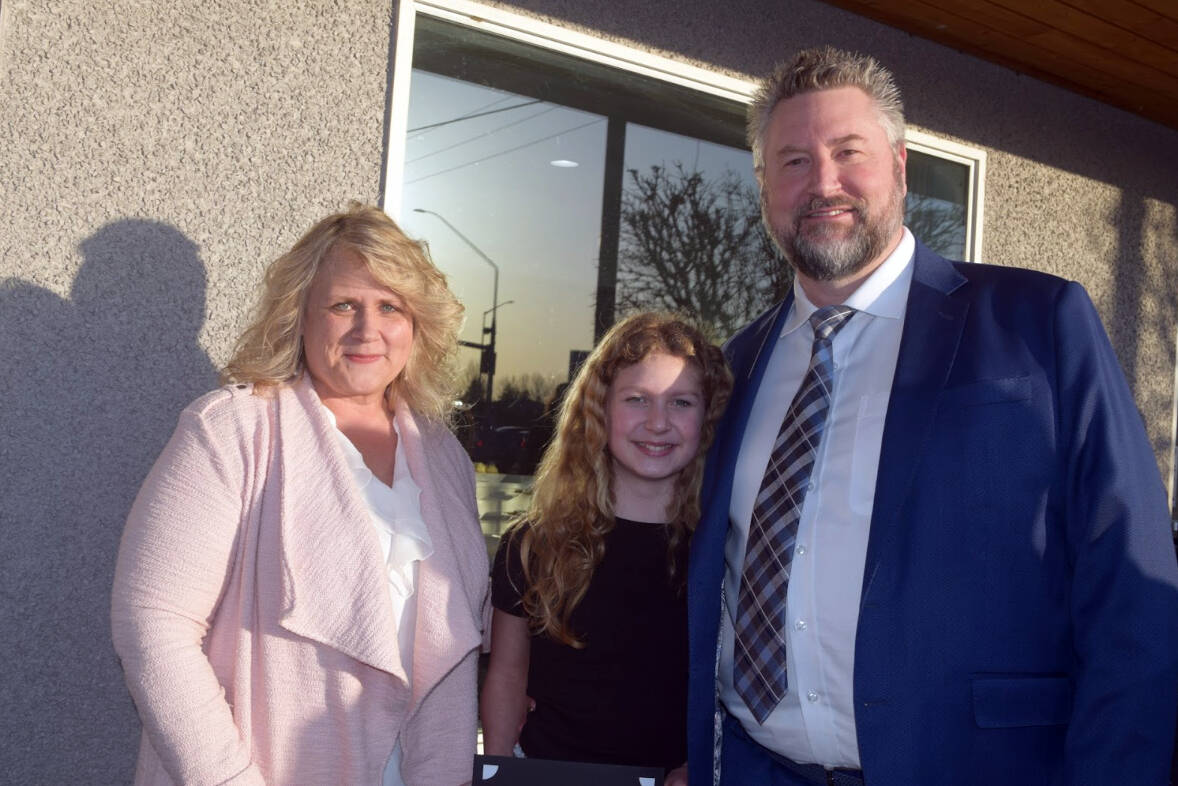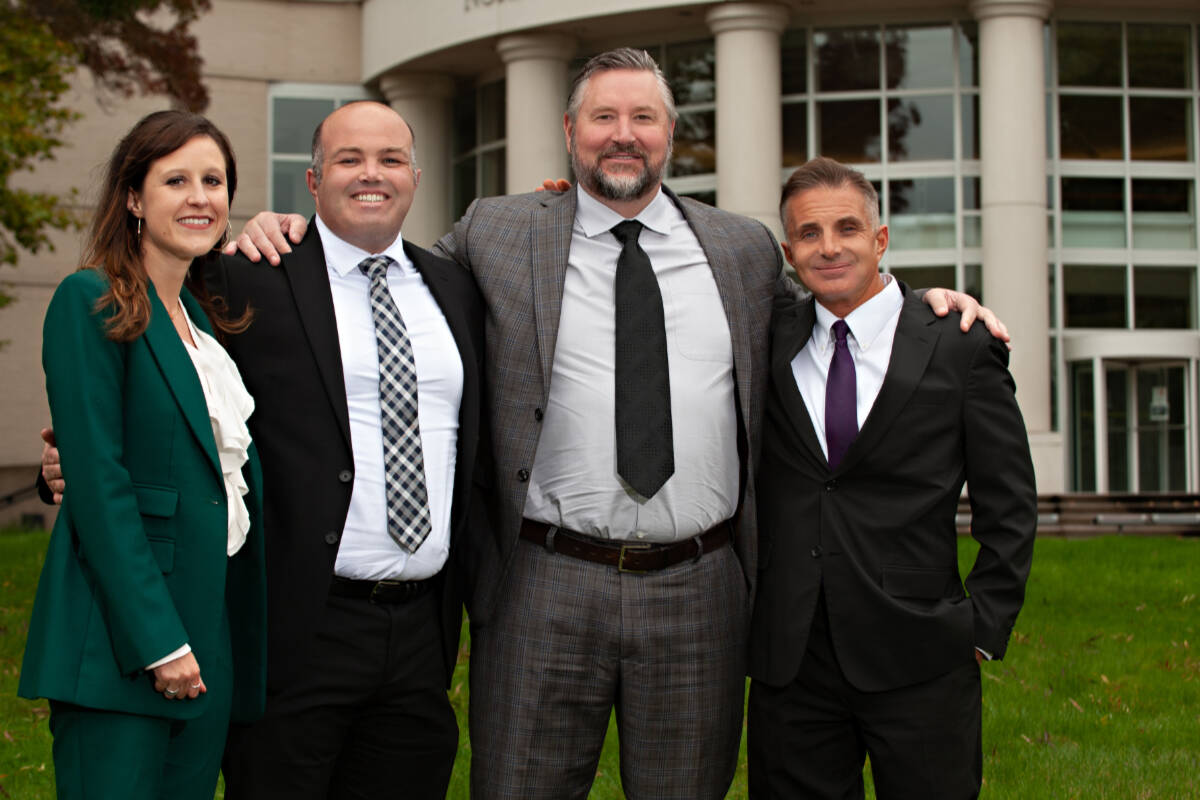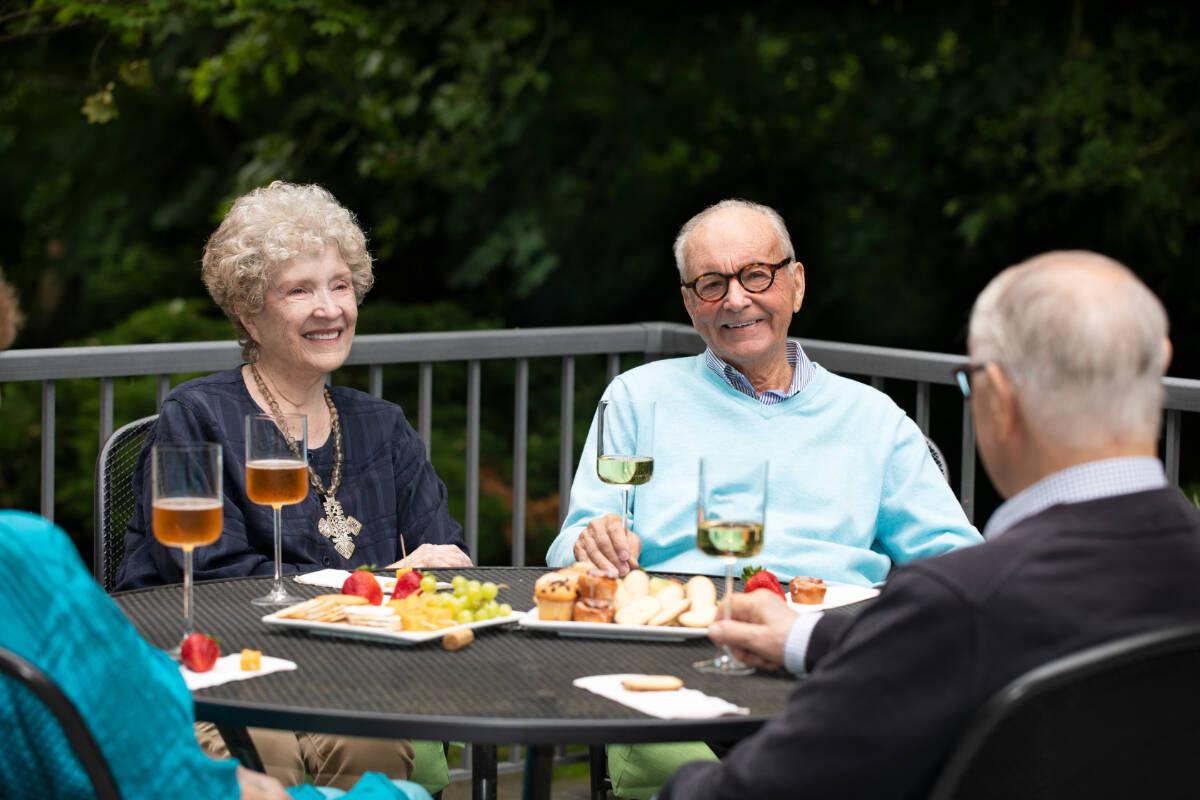News

Kent historian, master gardener Nancy Simpson dies at age 80
Roles included Greater Kent Historical Society president; King County Landmarks commissioner

Kent man dies after collision with vehicle while lying in the street
Incident at about 4:06 a.m. Tuesday, April 16 at 132nd Avenue SE and SE 278th Street
Business

Kent’s copper-colored building near Highway 167 to become banquet hall
Facility on Washington Avenue South previously housed LA Fitness; newspaper printing plant
Kent-based Stoke Space names retired US Space Force leader to board
City of Kent again looking for new tenant at Riverbend restaurant
Kent-based Blue Origin announces crew for next space flight
Kent man among 40 Under 40 honorees by Puget Sound Business Journal
Black Press Media concludes transition of ownership
Sports

Kent Reporter Male Athlete of the Week: Justin Jameson
Jameson has set a new personal record in the 400 every race this season.

Kent Reporter Female Athlete of the Week: Nashayla Fellows
Fellows has a top ten mark in the entire state for discus and shot put.
Life

Healthy Kids Day free event coming up April 20 at Kent YMCA
Activities to include face painting, bounce house and dodgeball
City of Kent offers space festival for families May 4 at ShoWare Center
Kent-based Theatre Battery seeks performers for ‘Romeo and Juliet’
Return of ‘Kent Has Talent’ show postponed to fall from May
Kent Station to host Easter Egg Hunt on Saturday, March 30
Major $2.9 million renovation coming to Kent’s Springwood Park
Opinion

If you’re right, and you know it, then read this | Whale’s Tales
As the poet Theodore Roethke once wrote: “In a dark time the eye begins to see…”

The key thing is what we do with our imperfections | Whale’s Tales
I have said and done many things of which I am not proud. That is, I am no golden bird cheeping about human frailties from some high branch of superhuman understanding.
Northwest

WSDOT: Slow down for Work Zone Awareness Week
The number of fatal crashes in marked work zones had doubled in 2023 when compared to the previous year.
Most Read
Kent man dies after collision with vehicle while lying in the street
Kent’s copper-colored building near Highway 167 to become banquet hall
Medical examiner identifies Kent man killed while lying in street
Teen dies in fatal Renton shooting
Suspected DUI crash in Renton injures three; cars engulfed in flames




